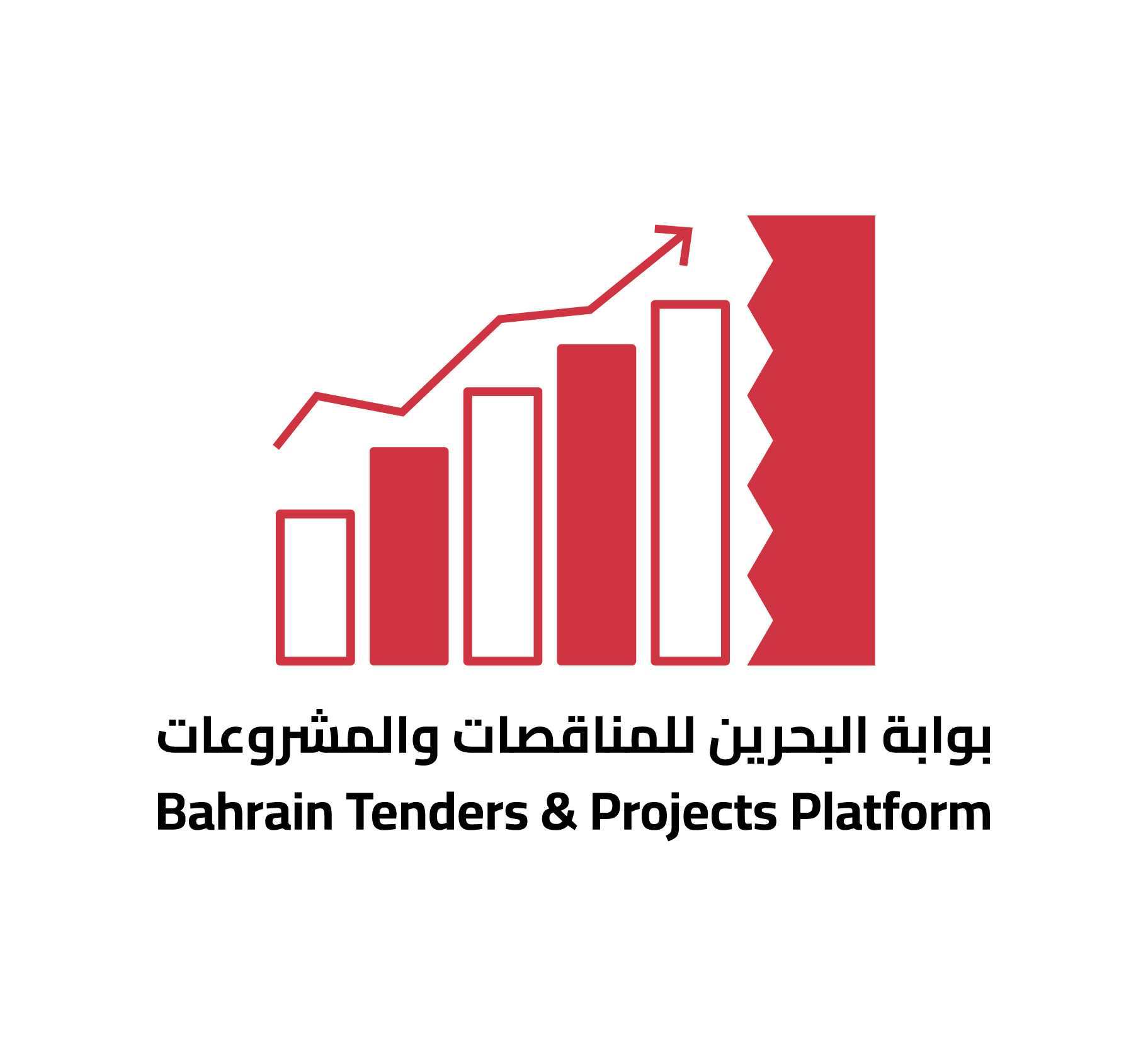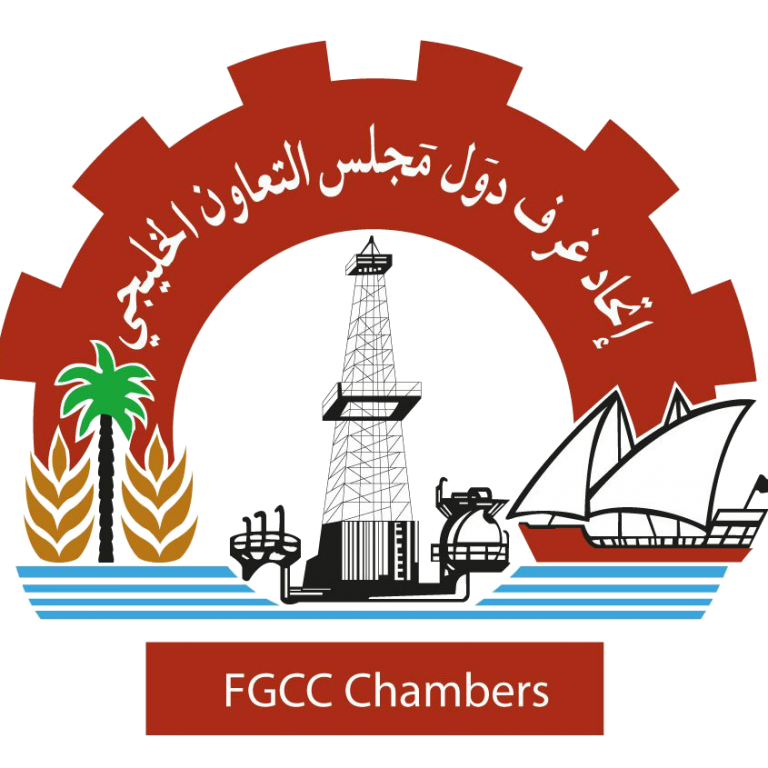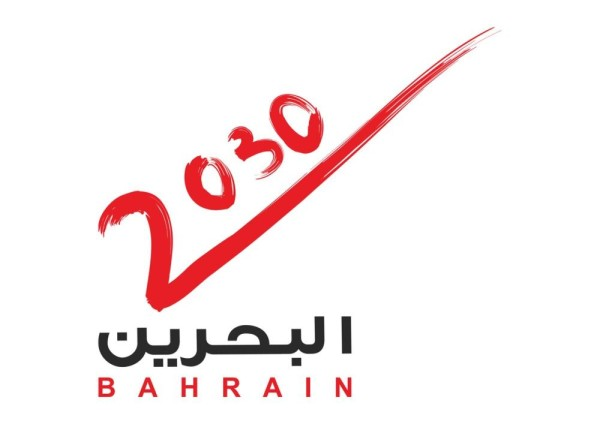Bahrain is seeking to join the new International Dates Council in a bid to promote the fruit and revive its old name – the island of a million palm trees.
An urgent legislation to have Bahrain enrolled under the Saudi Arabia-based council has been referred to Parliament by His Royal Highness Prince Salman bin Hamad Al Khalifa, Crown Prince and Prime Minister.
Speaker Fouzia Zainal will today ask MPs to vote on sending the issue to the public utilities and environments committee for review.
The International Dates Council aims to activate co-operation, implement activities that require teamwork and meet the challenges facing the palm and dates sector.
It also seeks to promote research and new production techniques, develop dates industries and raise capacity to achieve sustainable development of dates at the global and regional level.
Bahrain last year announced plans to open bids for a new BD300,000 dates factory in Hawrat A’ali, which would occupy an area of 2,000sqm. The facility would process 5,000 tonnes of dates annually eventually increasing to 15,000 tonnes once fully operational. The country’s current production is 13,000 tonnes of dates a year.
Works, Municipalities Affairs and Urban Planning Minister Essam Khalaf said the aim was to plant 6,000 palm trees annually.
“We are still known in the region as the mother of one million palm trees despite a drastic shrink in numbers over the years due to urbanisation,” said public utilities and environments committee chairman Khalid Bu Onk.
“Bahrain produces several products out of palm trees, like pollen water, baskets and building materials, but dates continues to be the biggest and most sought-after product.
“We are very keen on Bahrain joining the council, because it means the government will have to boost dates’ production up to the standards and levels of other member states.
“The dates’ market is huge and Bahrain could be looking into selling more syrup, diet sugar and sweets besides numerous types of the delicious fruit.”
Mr Bu Onk added that a small country like Bahrain could turn into an agriculture stronghold with the right investment in projects. Low production doesn’t mean we can’t be the hub for the tastiest dates,” he said.
“It all depends on how the council would help Bahrain with technologies, treatment and machinery amongst other support.
“The faster we join, the better as more facilities could be granted to us.”
The GDN earlier reported about a team of young Bahrainis who employed artificial intelligence techniques to count the number of palm trees in Bahrain and came up with an impressive quarter of a million.
Fifty per cent of the 257,000 desert delights were found to be located in the Northern Governorate, 29pc in the Southern Governorate, 15pc in the Capital Governorate and 6pc in Muharraq.





